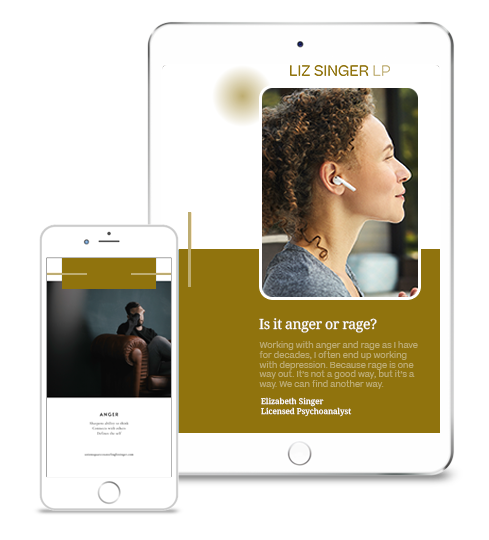Trust comes slow and sweaty like fog.
Happy New Year
The New Year begins and the lousy articles on psychotherapy appear. Like this one in the Wall Street Journal:
Don’t Trust
My advice? Don’t trust. Try to say your truth and notice how you feel. Something should begin inside. A process that’s difficult to describe, but let me try.
I went into therapy after I got engaged. I was having panic attacks. My future husband’s therapist offered some names. Of course, I didn’t call them. Finally, he offered another name. I gathered up my mistrust and went. I had been in therapy before and had felt worse. I vowed never to put myself in that position again. My therapist listened calmly to all I had to say. And then he said “There’s a lot going on inside you, and we need time to figure it out.” He offered to see me twice weekly. He somehow sensed the chaos inside of the high-functioning woman with the world on a string. I borrowed his calm and was able to enjoy my engagement.
Trust is something that is co-created. It is built on accuracy by the therapist and truth-telling by the patient. Both efforts will inevitably fail. For the patient, it is difficult to render lived experience in words. Because of shame, because it’s never been worded before. For the therapist, it is difficult to intervene in such a way so as to provide insight or relief. And that failure is an opportunity to do the hard work of communicating and understanding. Both parties communicate, both parties fight to understand. Both despair and rise to try again. Out of the fail and the fighting, comes a sturdy way of working that builds trust.
It may be that a patient has been failed so many times that they despair around ever being understood again. Does that mean that person cannot be helped? No. It means that the failure will come sooner, perhaps in the first session. And what the therapist does with this failure makes all the difference. Can the therapist tolerate being mistrusted before she does anything? Can the patient hope enough to call and make an appointment? Do you see how hard it all is?
Broken Trust
In my view, the person whose trust is broken and knows that their trust is broken is in a better position to heal than someone who hasn’t needed to grapple with this at all. Why did my first treatment fail? On my end, I didn’t tell the deepest truth I knew. On his end, he didn’t sense the chaos. And I despaired.
Because I work with anger and rage, I reach people who wouldn’t ordinarily come to therapy. Their trust is broken into a million pieces by chaotic households, alcoholic parents, difficult life situations. What I find after a while, is that they have stopped trusting themselves. The initial fail is inside. They are houses divided against themselves. My job is to articulate that divide and try to get the two sides talking to one another.


